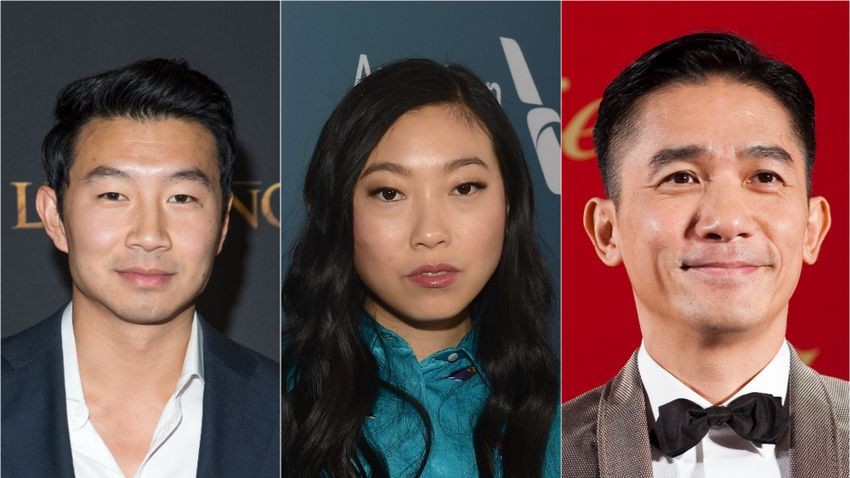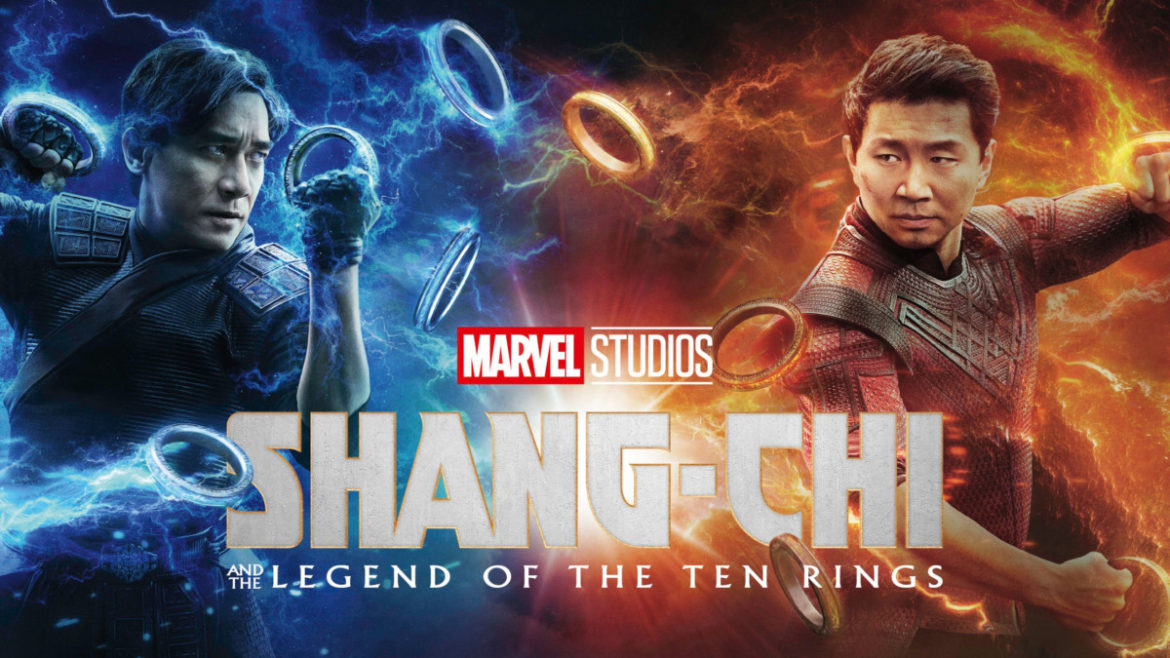Sophia Doshi, Reporter
@sophiadcourant
September 3, 2021 was the day that Shang-Chi and the Legend of the Ten Rings premiered. Shang-Chi is one of several movies and television series that mark the beginning of the new era of the Marvel Cinematic Universe (MCU), called Phase 4. Phase 4 consists of new movies like Doctor Strange: Multiverse of Madness, Black Panther: Wakanda Forever, and more. These new films and shows are being released after the record-breaking era of Avengers: Endgame, which earned a whopping $2.8 billion, setting a record in the box office.

Regardless of its post-Endgame time frame, Shang-Chi broke Marvel’s cinematic hiatus, which was the result of the COVID-19 virus. It earned $94 million on the opening weekend, faring much better than Marvel had initially predicted. It’s seemingly unfathomable success impressed many, including Disney CEO Bob Chapek, who had called the film’s unique release process an “interesting experiment”.
However, it’s not the Phase 4 headline nor the CEO’s commentary that makes this film unique; it’s the fact that this movie stars the first Asian superhero that the MCU has seen to date. Prior to Shang-Chi, there were a total of zero Asian superheroes, and that includes every ethnicity described by the umbrella term of “Asian”. Xu Shang-Chi is the first.
While some may view this Asian superhero and the all-Asian cast that makes up the movie a huge step in Marvel’s cinematic evolution, some people are bound to ask: why didn’t this happen earlier?
Where was the leading Asian superhero one year ago? Five years ago? Ten years? Where were they then? And while we’re on the subject, why is it that the secondary main characters of this all-Asian cast is made up of (besides Simu Liu, who plays Shang-Chi) pre-determined stars like Akwafina and Tony Leung Chiu-wai? Not only is the problem of diversity in the MCU, but also in Hollywood. That’s evident throughout cinematic history, but a story for another day.

Marvel had somewhat started to incorporate more diversity in their repertoire during Phase 3, which included movies like Black Panther, Captain Marvel, and Spider Man: Far From Home. Black Panther was the first MCU movie with an African-American leading superhero, T’Challa, played by the late Chadwick Boseman (for those who aren’t aware, he passed away from cancer in August of 2020. The world mourned his passing, and rightfully so. He was a force of nature and a truly amazing human, having undergone chemotherapy in private so he wouldn’t worry his co-stars, let alone the rest of the world. May he rest in peace!).

Black Panther featured an all-black cast (with the exception of Martin Freeman and Andy Serkis) and put significant emphasis on African culture, albeit Wakanda being a fictional place. What is important is that the film was one of the very first times that Marvel, a powerhouse in the Entertainment industry, had even touched upon ethnic culture. The fact that they felt the need to make a movie including it a full twenty years after their first successful film came out (X-Men) is disappointing. Although they should have incorporated more ethnic culture—and diversity—years ago, we can’t change the past. We can only hope that Marvel will make this change for the future; Black Panther and Shang-Chi are two examples of this change.
To make a long story short, I have no complaints about the movie itself. Alone, it is fantastic and has made a huge positive impact on its audience across the globe. Yet as the first leading Asian superhero movie in MCU history ever, it’s a reality check on what modern cinematic culture is only just growing comfortable with. As a company with such a huge pedestal, Marvel should be setting an example of how movies need to incorporate diversity, not catching up with the mood of the modern era.




